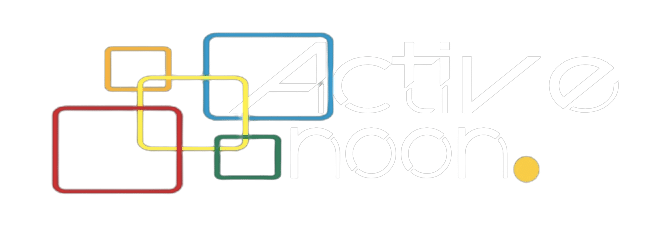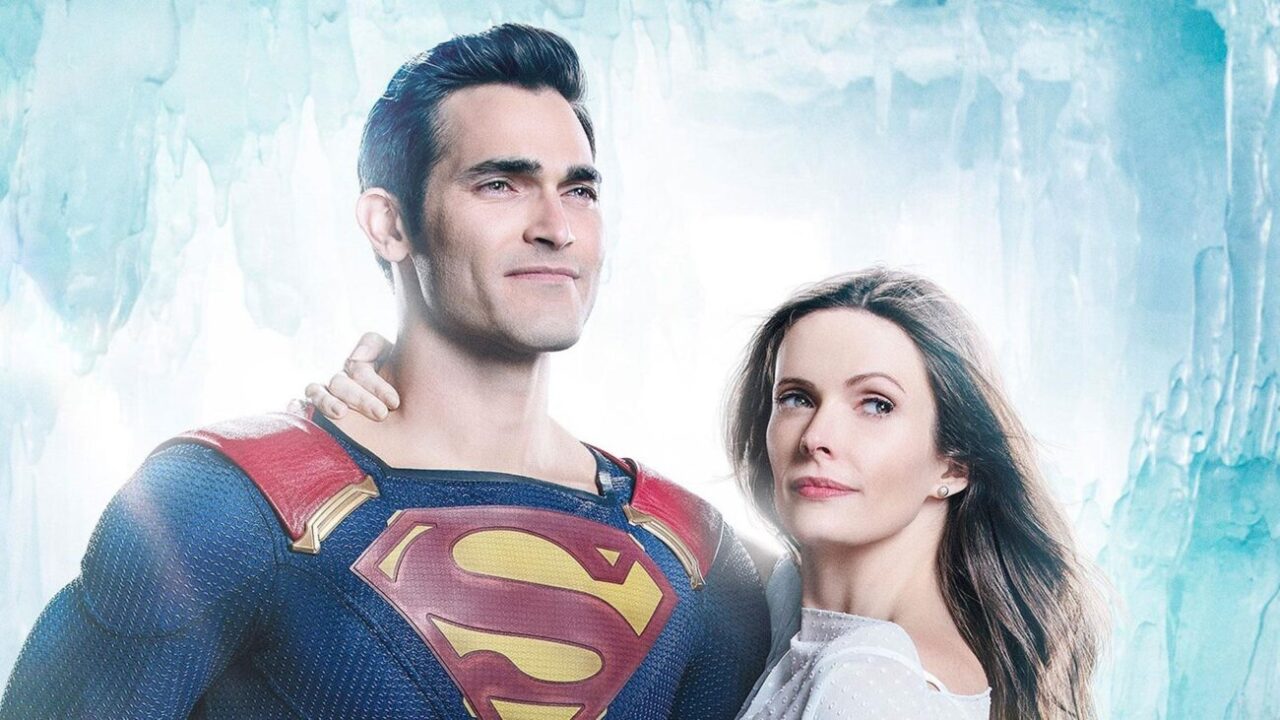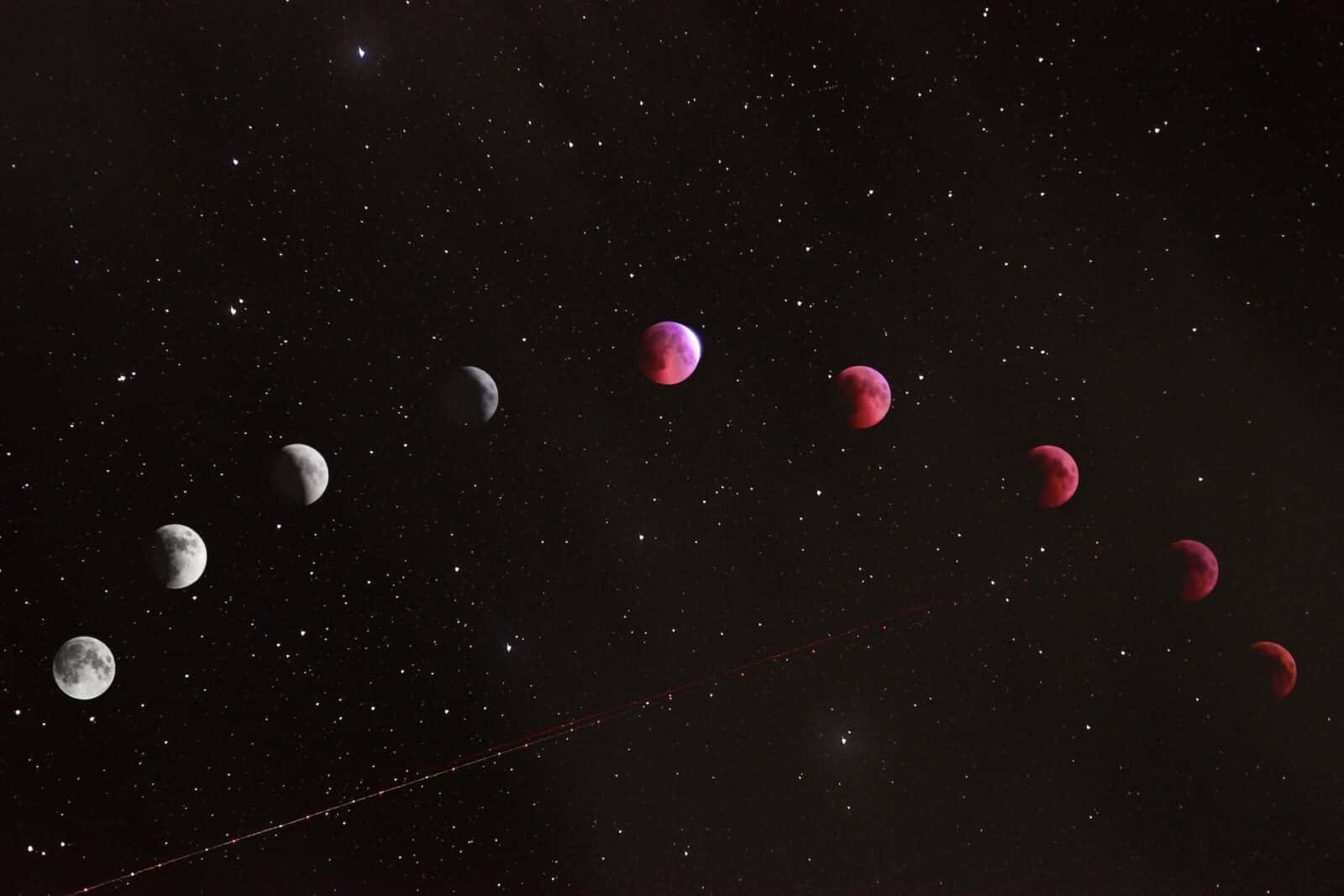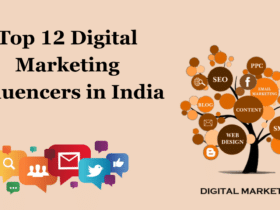Some individuals conflate the notions of astrology and astronomy. While both astronomy and astrology focus on celestial bodies, that is essentially where their similarities end.
The distinction between astronomy and astrology is discussed in this article, as is the possibly more significant distinction between an astronomer and an astrologist.
Astrology Is Not A Science, But Astronomy Is
The primary difference between astrology and astronomy is that the former is a belief system, while the latter is a science.
What is Astronomy? Astronomy is the study of the universe outside of the atmosphere of the Earth by observation and fact-based description. Astronomy explains how galaxies move away from us, how stars shine, how planets move, how black holes accrete mass, and many other aspects of the cosmos.
It exclusively addresses how phenomena in space behave and things that happen away from Earth. Astronomy also includes human space exploration, astrophysics, and cosmology, so it’s not just about extraterrestrial life. And not even in that context can astronomers fully agree on what life even means. In other words: humans are insignificant in astronomy.
A person who examines the universe and its phenomena in an effort to provide answers to “how…?” inquiries is known as an astronomer.
On every level, astrology deviates from this description. According to astrology, our brains and bodies are affected by the celestial bodies’ orientation. In actual practice, astrology is having a birth chart made for a person and thinking that the planets’ positions in the solar system have an impact on the newborn’s personality and health. While the positions of, for instance, planets are of course determined by science, the interpretation of how those positions affect humans on Earth is decidedly unscientific, necessitating the label of “belief” or “superstition.”
Because of this, some people use astrology to guide their lives or as a factor to consider while making important decisions.
Also Read – What is Angel Number? Discover Its Meaning & Symbolism
Is Astrology Misguided?
As such, astrology is not incorrect. It’s also acceptable to bang on wood in hopes of good luck or to throw salt over your shoulder after spilling something. Though not incorrect, it is also not scientific. It’s nonsense.
The practice of astrology is superstitious. A person can choose whatever they choose as the foundation for their life and decisions in a free society as long as they don’t cause harm or constitute a threat. It’s acceptable to have superstitions. When submitting grant applications, even astronomers cross their fingers and pray for good luck in the hopes that money will come their way this time. However, they don’t apply it to science because it is just not scientific to cross your fingers for good luck. Although enjoyable, it is not science.
It is incorrect to categorize astrology as a science, and I believe this is the point of contention most frequently. It is wrong for the obvious reason that it isn’t, but maybe more significantly, it is wrong for moral grounds.
Science is not astrology. Astronomy, on the other hand, is not a belief. The first is a type of personal life guide, while the second is a scientific study of space.
Most likely because adding a science label to fortune-telling allows one to make substantially more money. And all of the arguments in favour rely on the confusion between correlation and causation.
Let’s examine causation and correlation in more detail.
Did it rain when you were born, or did it rain because you were born?
A prediction made by a scientist looks like this: They create a model of an event and wait for it to take place somewhere in space so that we can see it.
Einstein’s justification for why Mercury should process by an additional 43 seconds of arc every century is a good illustration of what causation is. Einstein discovered the cause that had been missing in his general theory of relativity.
No matter how many times an event occurs, causality states that “when A happens, then B will also happen.” The scientific process is fundamentally dependent on causality.
We have correlation as opposed to causation. This page contains the best illustrations of what a correlation is. It demonstrates the relationship between seemingly unrelated events, such as “Number of people who drowned after falling into a pool Vs. Nicolas Cage films.” Despite the excellent correlation between the two events in the graph, it is clear that individuals do not drown in swimming pools simply because a new Nicholas Cage film just came out.
The graph makes it appear credible, but it is still absurd. Correlation may not imply causation. Although correlation can be compelling, it offers no explanation. It just demonstrates that two random events can occur simultaneously.
As Jupiter rises in the East, you are experiencing financial difficulties. However, it doesn’t. You probably have money issues as a result of capitalism. Jupiter not.
While they coexist, modern astrology and astronomy are unrelated.
Astrology and astronomy were two components of a science soup a few hundred years ago. It made sense at the time. You may even say that astrology helped make astronomy possible.
An astronomer may serve as the king’s personal advisor during the Renaissance by predicting the king’s future actions and health based on celestial constellations and planet motion.
Since the time of the Renaissance, a lot has changed. We understand how both huge galaxies and microscopic atoms function and are adept at battling viruses and treating injuries. We also know that planets have no bearing on your life’s fate.
And happily, we also understand that we each have the freedom to hold any beliefs we choose.




















Leave a Reply